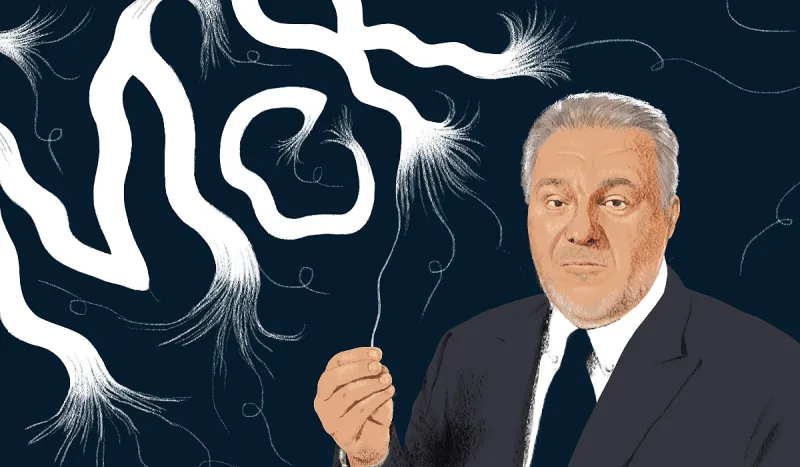The Man Who Would Take Down McKinsey

Illustrations by Laura Lannes
Jay Alix is either “speaking truth to power” or embarking on the “vanity project of a narcissistic billionaire” — depending on whom you believe.
U.S.
Alpha Natural Resources
McKinsey
Jay Alix
Michigan

